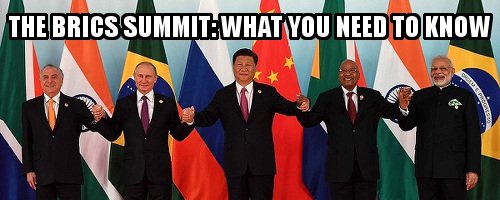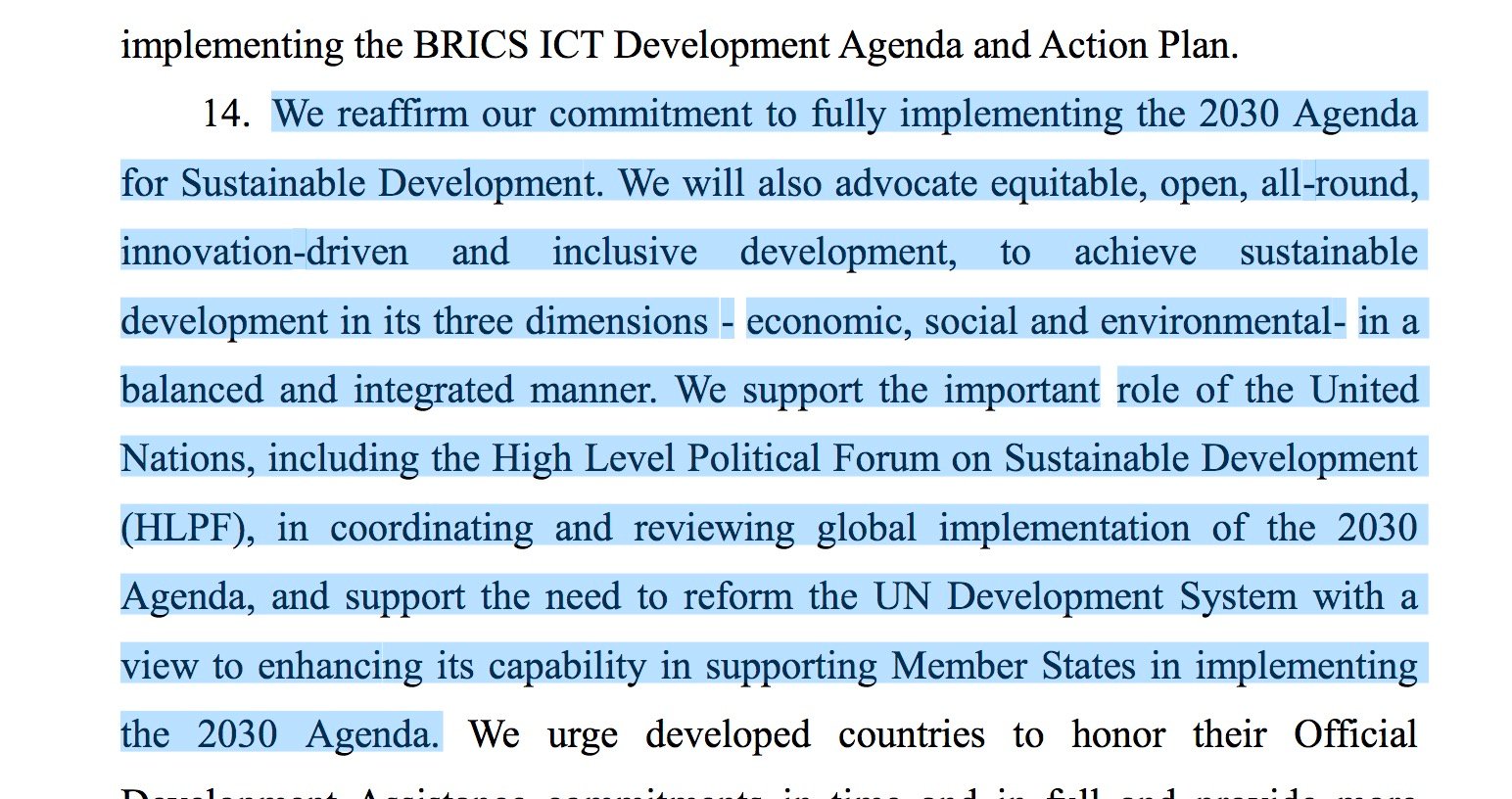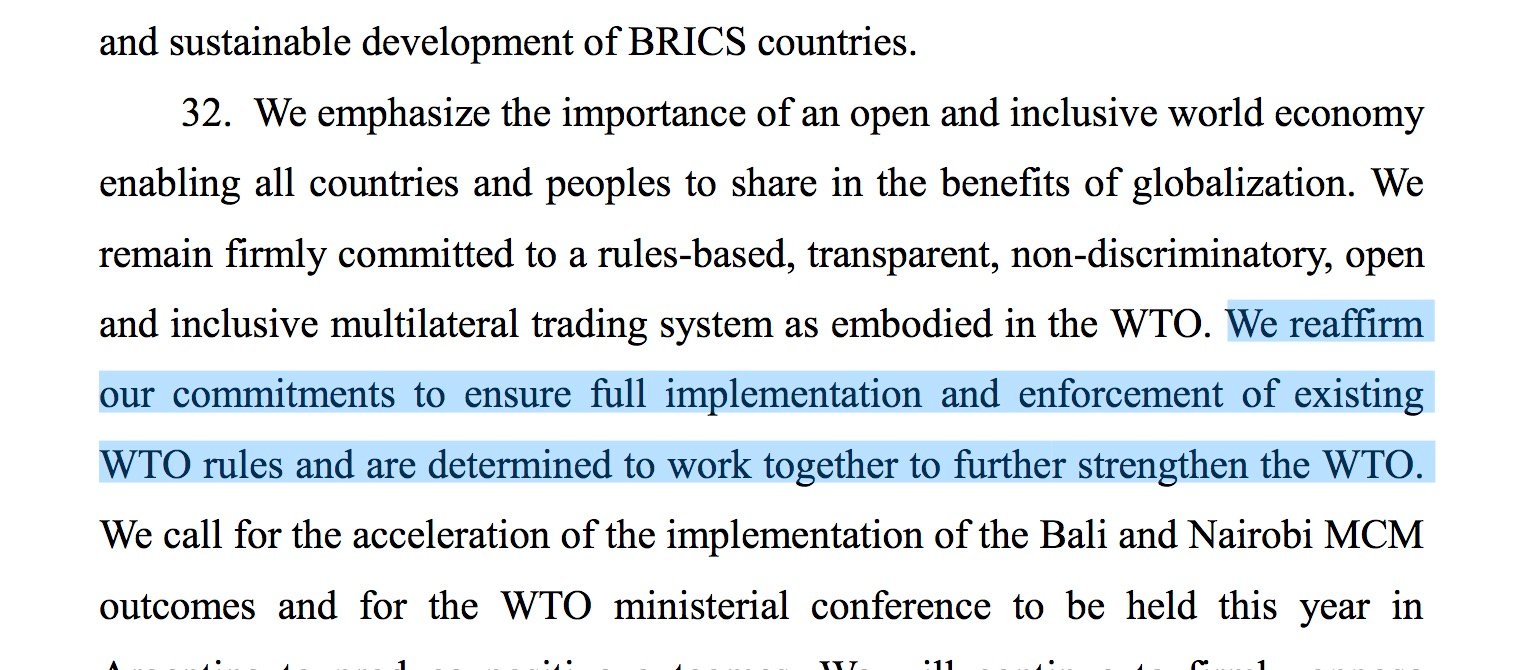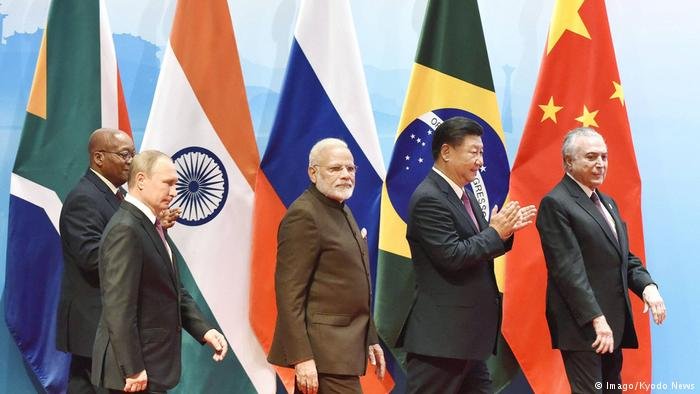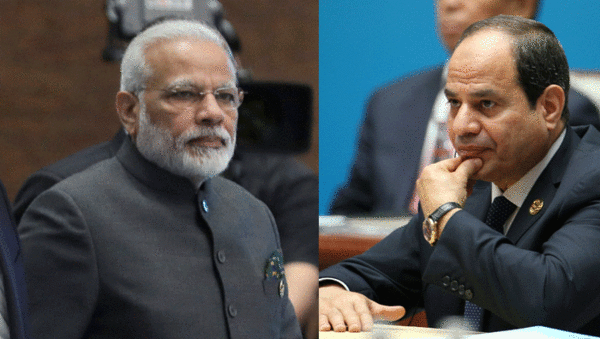By Chau Lam, Newsday, September 10, 2017
The day after terrorists attacked the World Trade Center on Sept. 11, 2001, then-New York City police officer Tom Wilson joined thousands of first responders and rescue workers at the Lower Manhattan site searching for survivors.
He spent weeks digging through the ruins at Ground Zero and sorting debris at the Fresh Kill landfill on Staten Island. Now he’s sick, diagnosed with cancer in 2008.
“I had half my tongue cut out,” Wilson said in a recent interview.
The 48-year-old from Bellport is one of thousands of first responders and rescue workers who, a decade and half after the Twin Towers fell, are battling diseases that doctors with the World Trade Center Health Program have associated with exposure to toxic fumes and dust at Ground Zero.
Many are living lives of disability and facing an uncertain future. Others know their fate all too well. Soon, they will join a burgeoning roll call of those whose dedicated service in the days after the nation’s worst terror attacks will likely cost them their lives.
This week, 156 names will be added to the memorial walls in a Nesconset park, bringing the total number of first responders who died from illnesses linked to their work at Ground Zero to more than 850, according to John Feal, a 9/11 first responder and president of the FealGood Foundation.
The three walls inside the 9/11 Responders Remembered Park were erected to honor their service.
“I find solace that those names are etched and they’ll be there forever,” Wilson said. “But at the same time, I find it disturbing that it’s just growing and growing.”
Here are the stories of two of the first responders from Long Island whose lives and the lives of their loved ones have been forever altered by their work in the days after 9/11.
Robert Tilearcio. These days, Tina Tilearcio rarely leaves her husband’s bedside. She times her errands and breaks to coincide with his naps.
“I ran to the beach twice when I knew he was sleeping and he wasn’t going to get up,” said Tilearcio, of Massapequa Park.
In the finite amount of time she has remaining with her husband Robert Tilearcio–be it a day, a week, or a month–Tina Tilearcio wants to spend every minute of it with the man she fell in love with more than three decades ago.
Robert Tilearcio, 58, a New York City firefighter, is dying of brain cancer, a disease connected to his work turning over debris searching for survivors and remains in the days and weeks after the attacks on the World Trade Center.
Rounds of radiation and chemotherapy after surgery to remove the tumor kept the disease at bay for more than two years. But on July 11, doctors at Memorial Sloan Kettering Cancer Institute in Manhattan told Robert Tilearcio there was nothing else they could do to treat his cancer–glioblastoma, a fast-spreading malignancy.
“We started crying,” said Tina Tilearcio, 53.
On the Tuesday when terrorists crashed two commercial planes into the Twin Towers, Robert Tilearcio and fellow firefighters at Engine 266 in Far Rockaway drove toward the Lower Manhattan site. He spent two days looking for survivors and searching for remains of fellow firefighters and the men and women who perished when the buildings collapsed.
“He didn’t have any masks, nothing,” said Tina Tilearcio.
For at least a month after that, Tina Tilearcio said her husband worked 24-hour shifts, came home for about eight hours, and returned to Ground Zero.
“Just enough time to sleep, shower, and go back,” she said.
For more than a decade, Robert Tilearcio continued to work, switching to light duty whenever symptoms of his growing list of ailments, including gastroesophageal acid reflux, or GERD, and difficulty breathing, prevented him from fighting fires.
Then, on April 29, 2015, Robert Tilearcio came home from work, mowed the lawn and showered. He and his wife, a real-estate agent, were about to leave to show houses to prospective buyers.
“And, all of a sudden he screamed from the top of his lungs, and threw his hands up in the air, ‘Oh my God. Oh my God’, as loud as he could,” Tina Tilearcio recalled. “He did like a ballerina turn. I managed to grab him by his pants and eased him down so his head wouldn’t hit the ceramic tiles.”
At St. Joseph’s Hospital in Bethpage, doctors found a tumor the size of a chestnut on his brain. The official diagnosis came on May 8, 2015.
“They said he had 18 months,” Tina Tilearcio said.
“I wish that somebody out there could find a cure, and a miracle could happen,” Tina Tilearcio said.
Tom Wilson. When Tom Wilson learned he had cancer in 2008, the father of four young boys had just welcomed a newborn daughter into the world.
He was only 39.
“I said I could die from this,” said Wilson, a former New York City Police officer who is now working for the Suffolk County Police Department.
Although currently cancer-free, Wilson continues to struggle with the side effects of the radiation used to treat his cancer and the occasional scare that the disease might return.
“One year, my tongue blew up to the size of a lemon. I couldn’t breathe,” Wilson said. “Over the years, I get these flare-ups. I can’t swallow.”
One such episode in December 2016 was so bad he couldn’t open his mouth or move his jaw, Wilson said.
Less than six months later, doctors at the Stony Brook WTC Wellness Program diagnosed Wilson with osteoradionecrosis or dead bone.
“Radiation not only kills the cancer cells, but it kills the good stuff around it,” said Wilson. “Basically, certain areas of my jaw [are] turning into sawdust.”
Wilson is taking medication that helps change the viscosity of his blood.
“Hopefully that slows it down,” Wilson said. “But I got to be careful with the jaw. It’s very fragile.”
So, wrestling with his four rambunctious sons and daughter, which he used to love to do, is out of the question.
“I got to limit my physical activity. That takes a toll,” said Wilson. “I try to put up a front because you don’t want to bring your kids down.”
Wilson’s teeth are beginning to fall out, but implants are not possible because he said the blood vessels in the jawbone don’t regenerate. His fear, Wilson said, is the day when the jawbone cracks.
“So, when my jaw does fracture, I’d have to take a piece of (bone from) my leg area and rebuild it,” he said.
For right now, Wilson is thankful to be alive and around to watch his children, ages 9 to 16, grow up.












